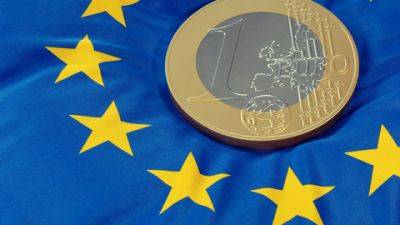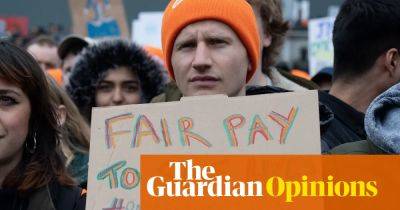Too tired to cook. Too easy to open a packet. It’s not our fault we eat junk
W e live in a toxic food environment, and Big Food has extremely clever marketers and food scientists. That all of us eat a lot of Big Food’s produce means those people are very good at their jobs. It doesn’t mean we have failed if we eat what the industry makes.
In the UK, about 50% of the average adult’s diet, and 65% of a child’s, is ultra-processed. As Dr Chris Van Tulleken’s latest book, Ultra-Processed People: Why Do We All Eat Stuff That Isn’t Food… and Why Can’t We Stop?, points out, that means much of what we eat includes newly invented substances that humans haven’t eaten before and we know very little about how they interact with us, or each other.
Such foods are likely to be made by companies such as Unilever, PepsiCo or Nestlé. The UK food industry spends £1.14bn a year on advertising and, as the ex-Big Food marketer Dan Parker has pointed out, it uses manipulative tactics such as associating foods such as chocolate with positive things like relaxation (KitKats, Maltesers) or emotional openness (Cadbury’s “Give A Doubt”), while normalising over-consumption with ads showing one – always small – person eating a family-size bar (think Audrey Hepburn in the Galaxy advert).
Criticising ultra-processed foods (UPFs) is not necessarily the same as shaming those who eat them. But we do shame and blame people who eat UPFs, including, often, ourselves, and that should stop. (We also have a nasty habit of demonising foods that are important to specific cultures, such as fried chicken.) Shame is never motivating and what we eat is not a cipher for morality. Although almost all of us eat a lot of UPFs, we tend to think of it as a problem that mainly affects people who live in poverty. It is absolutely not constructive to
Read more on theguardian.com
















